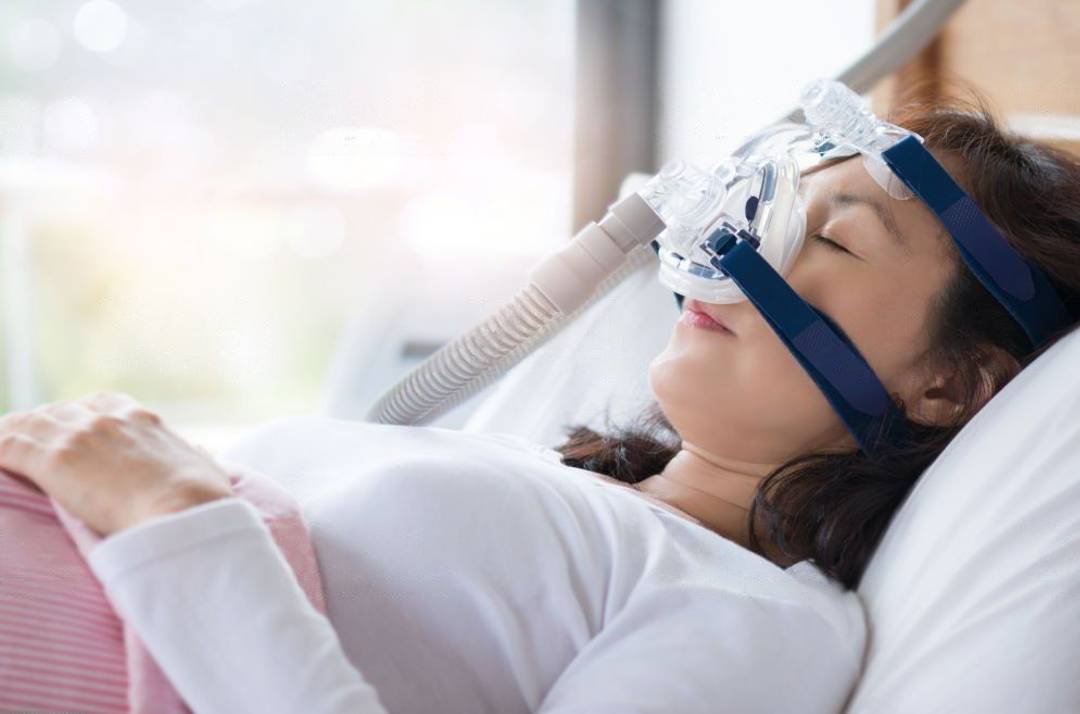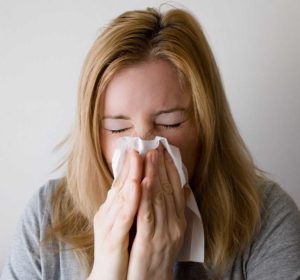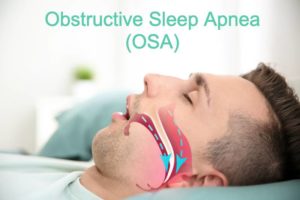
We’ve all had those nights where we just can’t seem to catch a break. You toss and turn, trying to get comfortable, but it feels like your pillow is full of rocks.
You flip the pillow over to the cool side and finally drift off only to be woken up moments later by your snoring. Ugh. So, you elbow your partner, and they mumble something about how you keep them up all night with your “sawing logs.”
But the real sleep robber here isn’t your restless partner—it’s sleep apnea, and it’s time to do something about it.
What Is Sleep Apnea?
Sleep apnea is a serious sleep disorder that occurs when a person stops breathing for 10 seconds or more during sleep.
People with sleep apnea often snore loudly and wake up gasping for breath. They may also suffer from excessive daytime sleepiness and poor concentration.
If left untreated, sleep apnea can lead to hypertension, stroke, heart failure, and other health problems.
Types of Sleep Apnea
There are two main types of sleep apnea:
Obstructive sleep apnea (OSA):
Obstructive sleep apnea is a serious medical condition that affects millions of people around the world.
This condition occurs when airflow to the lungs is blocked due to issues with the upper airway such as enlarged tonsils or an excessively relaxed tongue.
As a result, patients can experience frequent and severe disruptions in sleep, leading to exhaustion and other negative health consequences. Fortunately, there are several treatment options available.
With the right treatments in place, patients can manage their obstructive sleep apnea and enjoy long, restful nights free from discomfort and interruptions.
Central sleep apnea (CSA):
Central sleep apnea is a form of sleep-disordered breathing characterized by periodic pauses in breathing during sleep.
These pauses can last anywhere from seconds to minutes, and they are caused by a disruption in the brain’s normal control over breathing.
While several different factors can contribute to central sleep apnea, the underlying cause is usually some type of neurological disorder or injury.
For example, people with neuromuscular disorders such as muscular dystrophy may be more prone to central sleep apnea, as their nerves and muscles have decreased function.
Furthermore, certain medications and illicit drugs can also lead to episodes of central sleep apnea. Given its physiological basis, central sleep apnea is typically treated with oxygen therapy and other forms of pulmonary support.
Through specialized respiratory care and other interventions, it is possible to manage this condition and minimize symptoms like daytime fatigue and snoring.
Who Gets Sleep Apnea?
Sleep apnea can affect people of any age, but it is more common in middle-aged adults and men. Other risk factors include being overweight, smoking, and having a family history of sleep apnea.
Symptoms of Sleep Apnea
Sleep apnea is characterized by several different signs and symptoms, including loud snoring, daytime fatigue, difficulty concentrating, and trouble staying awake during the day.
While these symptoms can vary somewhat depending on the specific type of sleep apnea that you have, some common indicators are often associated with this condition.
For instance, many people with sleep apnea report struggling to breathe at night or frequently waking up in the middle of the night struggling for breath.
Additionally, sleep apnea may be accompanied by nighttime leg or arm movements, restless sleep patterns, or difficulty maintaining an erection during sex.
Ultimately, if you are concerned about whether or not you have sleep apnea, it is important to seek professional medical advice to get a proper diagnosis and appropriate treatment.
How Is Sleep Apnea Diagnosed?
If you think you might have sleep apnea, the first step is to see an ENT specialist for a diagnosis. These are specialist doctors trained in disorders of the ear, nose, throat, head, and neck—all of which can contribute to or worsen sleep apnea.
During your appointment, they will take a medical history and ask about your symptoms. He or she may also order a sleep study to confirm the diagnosis. A sleep study is an overnight test that monitors your breathing patterns while you sleep.
How Is Sleep Apnea Treated?

The good news is that there are treatments available for sleep apnea. For mild cases of OSA, mouthpieces or tongue-retaining devices can also be effective treatments.
These devices work by keeping the airway open during sleep. However, for more severe cases of OSA or CSA, positive airway pressure (PAP) therapy is usually recommended.
PAP therapy uses a machine that blows air into the throat through a mask worn during sleep. The air pressure keeps the airway from collapsing while you sleep so that you can breathe normally throughout the night.
Sleep Apnea Management & Prevention
Fortunately, there are several steps that people can take to help manage and prevent sleep apnea.
The first step to managing or preventing apnea is lifestyle changes, such as losing weight, quitting smoking, and avoiding alcohol before bedtime.
Also, practicing good sleep hygiene by going to bed at regular times each night and avoiding stimulant drugs like caffeine before bedtime can be helpful.
Conclusion:
Don’t let snoring ruin your relationship or your health—get tested for sleep apnea by an ENT specialist today! With proper diagnosis and treatment, you can say goodbye to sleep apnea and get a good night’s rest without snoring or gasping for breath—and your partner will thank you for it!

